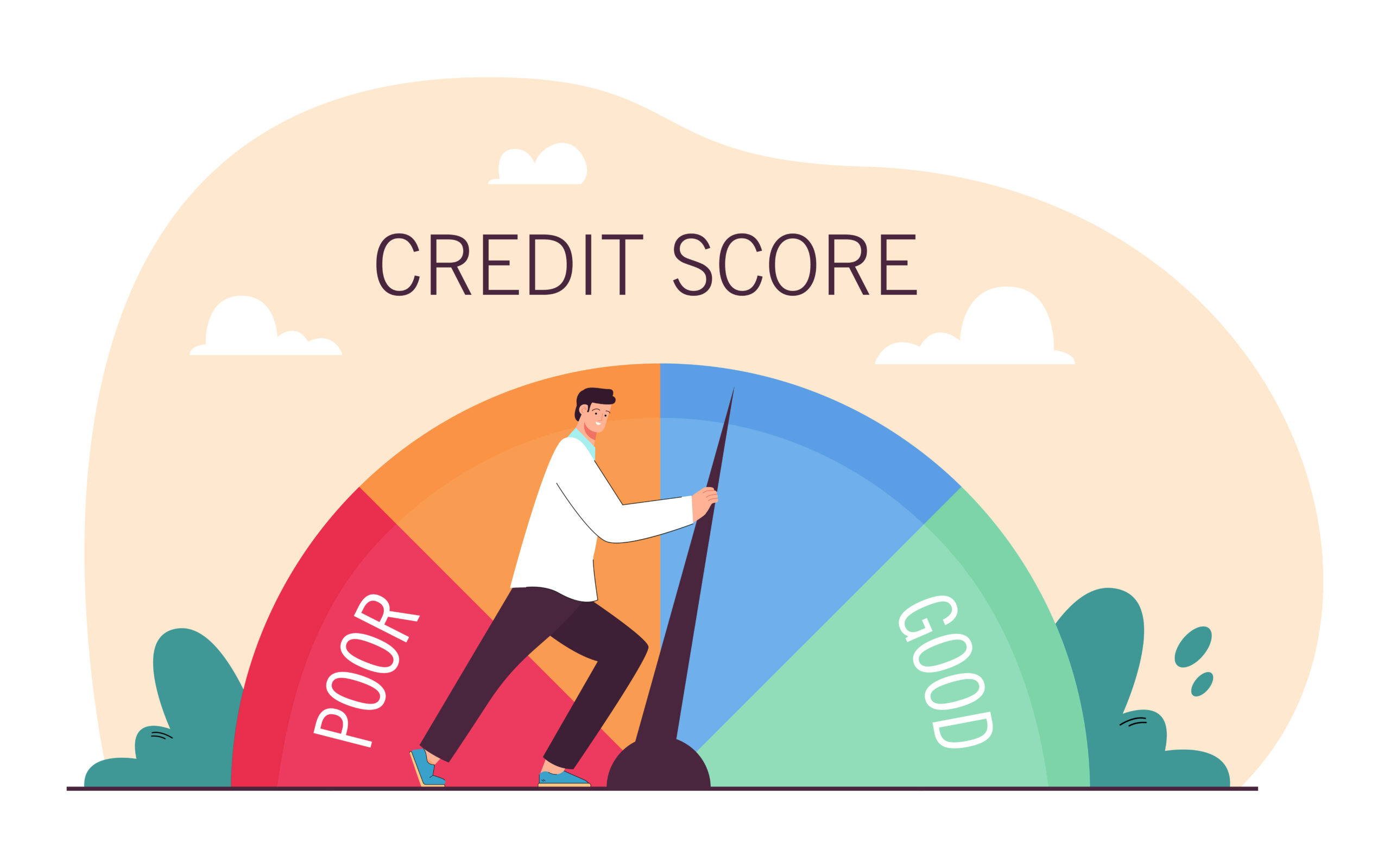Settling a personal loan can bring significant financial relief, but it’s essential to manage it in a way that doesn’t harm your credit score. Here are some effective strategies for settling your loan while keeping your credit healthy.
1. Understand the Potential Impact on Your Credit Score
The first step in a successful loan settlement is understanding how it affects your credit score. When you settle a loan by paying less than the full amount owed, your lender may mark the loan as “Settled” rather than “Paid in Full” on your credit report. This designation signals to other lenders that the debt wasn’t fully repaid, which can negatively impact your credit score. However, by approaching settlement wisely, you can manage or even reduce these effects.
2. Communicate Openly with Your Lender
If you’re facing financial challenges and foresee difficulty in making payments, reach out to your lender as soon as possible. Most lenders appreciate proactive borrowers and may be more flexible in offering solutions such as lower interest rates, extended repayment terms, or even temporarily reduced monthly payments. These options can help you avoid a full settlement and pay off the loan in full without damaging your credit score.
3. Explore Loan Restructuring Rather Than Settlement
Loan restructuring can be a more credit-friendly alternative to settlement. With restructuring, you can adjust loan terms like the repayment period or interest rate, making monthly payments more manageable without the need to settle for a reduced amount. Restructuring preserves your credit history because the loan remains in good standing, whereas settlement may signal financial distress and hurt your score.
4. Pay Off Your Loan in Installments
If your budget allows, consider paying down your loan balance gradually rather than opting for a one-time settlement. Making extra payments toward the principal balance can reduce the interest you owe and the total loan balance, making it easier to repay in full over time. This approach not only prevents the need for settlement but can also boost your credit score by lowering your outstanding debt.
5. Utilize Financial Windfalls Wisely
Any unexpected income—such as bonuses, tax refunds, or gifts—can be a valuable opportunity to pay down your loan faster. Applying these windfalls toward your loan balance can help you avoid a settlement altogether, allowing you to close the loan without affecting your credit score. This strategy helps reduce your debt load while improving your credit score by lowering your credit utilization.
6. Make Timely Payments to Avoid Late Fees
Consistency is essential when it comes to maintaining a healthy credit score. Timely payments, even if it’s a reduced amount, show lenders you’re committed to paying off the debt. Late or missed payments have a direct negative impact on your score, so if you’re struggling, ask your lender for a revised repayment plan to avoid damaging your credit history.
7. Negotiate a “Paid in Full” Status if Settling
If settling is unavoidable, negotiate with your lender to report the loan as “Paid in Full” rather than “Settled.” While not all lenders may agree, this designation is worth pursuing, as “Paid in Full” is viewed more positively by credit bureaus. A “Settled” status suggests that the loan wasn’t fully repaid, which can signal financial instability to future creditors.
8. Avoid Taking on New Credit During the Settlement Period
While settling your current loan, it’s wise to hold off on taking new loans or credit cards. New credit can increase your debt burden and stress your finances, which can complicate your settlement strategy. Settling existing loans first reduces your credit utilization ratio—a crucial factor in credit scoring—strengthening your overall credit profile.
9. Monitor Your Credit Report After Settlement
Once your loan is fully settled, review your credit report to ensure the details are correctly reflected. Confirm that the loan shows as “closed” or “paid” and that there are no discrepancies. If you notice any errors, promptly dispute them with the credit bureau to avoid any further impact on your score. This proactive step ensures your credit report remains accurate and reflective of your true credit history.
10. Stay Disciplined with a Financial Plan
Achieving a successful loan settlement without hurting your credit score requires careful financial management. Create a budget, cut unnecessary expenses, and establish an emergency fund. These habits will not only help you manage your current debt but also position you for better financial stability in the future, allowing you to maintain a strong credit score while pursuing other financial goals.
Conclusion
Settling a personal loan doesn’t have to compromise your credit score. By negotiating with your lender, exploring restructuring options, using extra income for loan payments, and maintaining timely payments, you can effectively settle your loan and maintain a healthy credit profile. With thoughtful planning and financial discipline, you can reach your goal of financial freedom without sacrificing your credit standing.
Get in touch with us today at www.Settleloan.in and embark on your path to financial freedom


